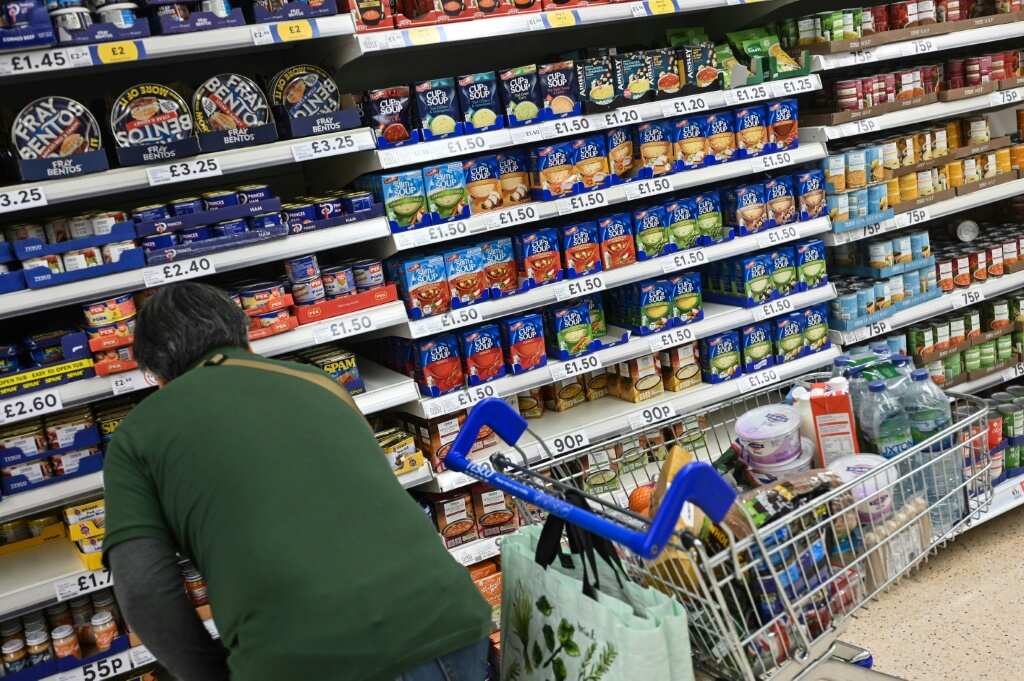






In a recent article from the Manchester Evening News, money-saving expert Martin Lewis provides further clarification on fixing energy bills and the confusion surrounding the price cap [2bf3565c]. Lewis explains that the energy price cap, set by Ofgem, will decrease to £1,568 from July 1, representing a 7% drop from the current cap of £1,690. However, predictions suggest that the cap may rise by as much as 12% from October 1 [2bf3565c].
Lewis emphasizes that the price cap only affects a firm's standard variable tariff and does not apply to fixed deals, as they are not subject to the cap [2bf3565c]. He advises customers to consider fixing their energy bills based on predictions from Cornwall Insight for the year ahead [2bf3565c]. According to Money Saving Expert (MSE), fixed deals currently available on the market may help customers save money over the next year [2bf3565c].
This new information builds upon Lewis' previous advice to customers of energy suppliers to claim potential cash back of up to £180 [fda3bcb3]. Lewis encouraged customers who pay by monthly direct debit to check their bills and account balances in May, as energy usage typically drops during the spring and summer, resulting in credit for many customers [fda3bcb3]. He urged customers to request a refund if they have excess energy credit and to consider fixing their energy bills before the next price cap announcement, as wholesale rates are rising due to conflicts in the Middle East and Ukraine [fda3bcb3].
In addition to Lewis' advice, it is worth noting that UK inflation fell to 2.3% in April 2024, the lowest level since July 2021 [e0763f23] [879241b7] [89d64110]. The decline in inflation was driven by a decrease in the cap on household energy bills set by a government regulator and a slowdown in food inflation [e0763f23] [879241b7] [89d64110]. Energy prices fell by 27.1% in the year to April, contributing to the falling inflation rate [89d64110]. The Bank of England's target inflation rate is 2%, and the recent decline brings the UK closer to this target [e0763f23] [879241b7] [89d64110]. The central bank is closely monitoring inflation and considering the possibility of rate cuts to stimulate economic growth [e0763f23] [879241b7] [89d64110].
The Bank of England has been assessing the remaining inflationary pressure in the economy to determine the appropriate timing for rate cuts [e0763f23]. While the decline in inflation is seen as a positive development, policymakers are also scrutinizing services prices and wage growth, which remain strong at just below 6% annual growth [e0763f23]. In the eurozone, officials have signaled that rate cuts could come as soon as this summer, while in the United States, inflation remains relatively high [e0763f23]. The Bank of England will continue to evaluate the latest data and make decisions based on the economic outlook and inflation trends [08ba03ef] [879241b7] [89d64110].
Rishi Sunak, the Chancellor of the Exchequer, has hailed the drop in inflation as proof that his economic plan is working [f3257f18] [879241b7] [89d64110]. The rate of Consumer Prices Index (CPI) inflation fell to 2.3% in April, down from 3.2% in March [f3257f18] [879241b7] [89d64110]. Sunak sees this as a major moment for the economy and believes it demonstrates the success of his policies [f3257f18] [879241b7] [89d64110]. Falling inflation is expected to lead to a cut in interest rates later this year [89d64110]. In October 2022, inflation peaked at 11.1%, its highest in 40 years [89d64110]. However, opposition figures have cautioned against celebrating too soon. Jeremy Hunt, a member of the Conservative Party, suggests that the improving economy will be a key part of the Tory election campaign [f3257f18] [879241b7] [89d64110]. On the other hand, the Liberal Democrats claim that the Tories have presided over the worst cost of living crisis in a generation [f3257f18] [879241b7] [89d64110]. Rachel Reeves, a member of the Labour Party, also cautions against a Tory victory lap after the inflation drop, stating that now is not the time for celebration [f3257f18] [879241b7] [89d64110].
Household energy bills in the UK are set to fall by £122 a year, according to Rishi Sunak's election campaign pledge to provide more support for households [6417d5b5]. The Ofgem price cap, which sets a limit on how much energy suppliers can charge customers, will decrease from £1,690 per year to £1,568 starting from July 1 [6417d5b5]. This will bring energy bills to their lowest level since before the energy shock triggered by Vladimir Putin's invasion of Ukraine [6417d5b5]. The price cap had previously been set at £1,216 per year during the winter of 2021 to 2022, but it was raised to £2,500 per year during the peak of the fuel crisis caused by the war [6417d5b5]. The Conservative Party plans to make price comparison websites more user-friendly and may ask the regulator Ofgem to publish league tables showing how long energy firms take to respond to customer complaints [6417d5b5].
The Bank of England's decision on rate cuts will be influenced by various factors, including inflation trends, economic outlook, and the impact of government policies. The central bank aims to stimulate economic growth while maintaining price stability. As inflation falls to its lowest level in almost three years, policymakers will continue to monitor the situation closely and make decisions accordingly [e0763f23] [f3257f18] [879241b7] [89d64110].